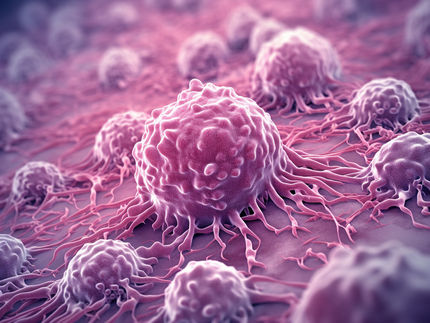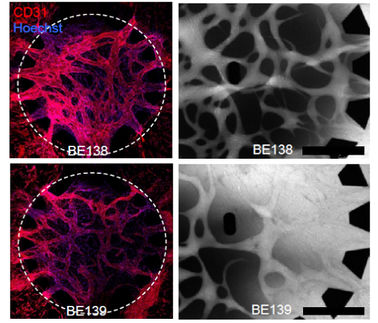Investigational KW-0761 efficiently depletes immune system-suppressing Treg cells
In a phase Ia clinical trial, immune cells called Tregs, which can inhibit anticancer immune responses, were efficiently eliminated from the blood of patients with lung or esophageal cancer by treatment with the investigational therapeutic antibody KW-0761.
Author(s): Ryuzo Ueda, MD, PhD, professor in the Department of Tumor Immunology at Aichi Medical College in Nagoya, Japan, and Eiichi Nakayama, MD, PhD, a professor at Kawasaki University of Medical Welfare in Kurashiki, Japan conducted the study, which was published in Clinical Cancer Research.
Tregs, which are characterized by expression of the proteins FoxP3 and CD4, have several important roles in the immune system, one of which is to prevent the immune system from attacking the body and causing autoimmune diseases. However, they also suppress the immune response against cancer, Ueda explained, leading to the hypothesis that depleting Tregs in patients with cancer may augment the natural anticancer immune response.
Ueda, Nakayama, and colleagues enrolled seven patients with non-small cell lung cancer and three patients with esophageal cancer in the phase Ia clinical trial. Patients were assigned to receive either 0.1, 0.5, or 1.0 mg of KW-0761 per kg of body weight weekly for eight weeks and then monthly until disease progression. Blood samples were obtained before the first treatment and then every four weeks, and then analyzed by flow cytometry to determine numbers of different immune cells.
Ueda explained that the researchers used the CCR4-targeted antibody KW-0761 to deplete Tregs because activated FoxP3+CD4+ Tregs that accumulate in tumor tissue have been shown to express CCR4 molecules on their surface.
The researchers found that the number of FoxP3+CD4+ Tregs in the blood of all patients was dramatically reduced following treatment with KW-0761. Four patients had stable disease, as assessed by RECIST 1.1 criteria.
There were no dose-limiting toxicities and most adverse events were grade 1 or grade 2, with skin-related adverse events occurring most frequently.
In an interview, Nakayama said, "We were pleased to see that infusion of even a small amount of the KW-0761 efficiently depleted Tregs from the peripheral blood for a long time [several months]. Unfortunately, we observed only a modest induction of antitumor immune responses and no marked clinical responses with KW-0761 monotherapy. Thus, we are planning to investigate whether combining Treg depletion with other immunotherapies, such as checkpoint inhibitors, can augment the antitumor immune response in patients with cancer."
According to Ueda and Nakayama, major limitations of the study include that the data are from a small number of patients, that Treg levels were measured in blood and not in tumors, and that KW-0761 monotherapy led to only modest induction of antitumor immune responses and no marked clinical responses. Thus, the researchers say that further studies need to be conducted to determine whether KW-0761 monotherapy depletes Tregs in the tumor microenvironment and to gain further insight into the role of Tregs in the complex immune network controlling the antitumor immune response.
Topics
Organizations
Other news from the department science

Get the life science industry in your inbox
By submitting this form you agree that LUMITOS AG will send you the newsletter(s) selected above by email. Your data will not be passed on to third parties. Your data will be stored and processed in accordance with our data protection regulations. LUMITOS may contact you by email for the purpose of advertising or market and opinion surveys. You can revoke your consent at any time without giving reasons to LUMITOS AG, Ernst-Augustin-Str. 2, 12489 Berlin, Germany or by e-mail at revoke@lumitos.com with effect for the future. In addition, each email contains a link to unsubscribe from the corresponding newsletter.




















































